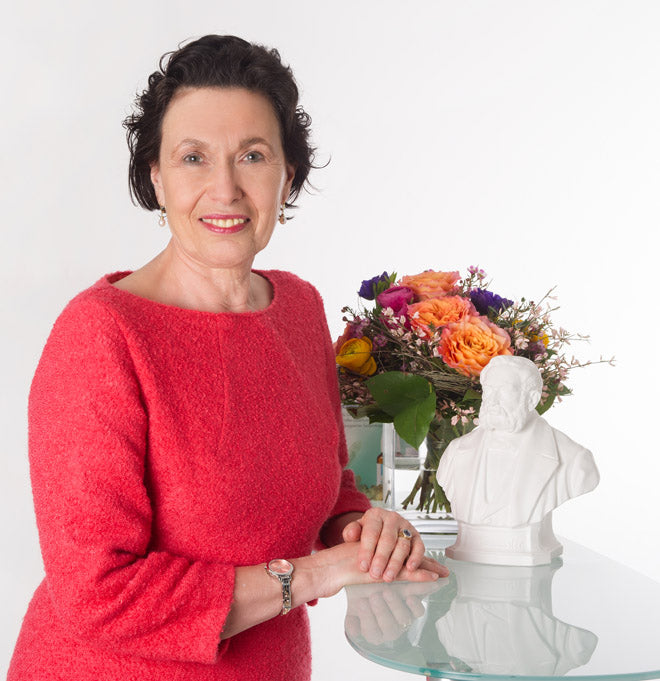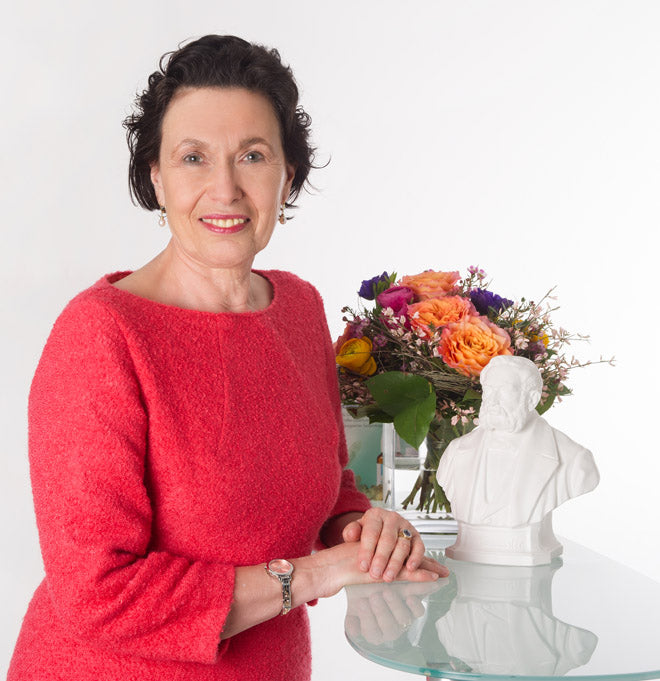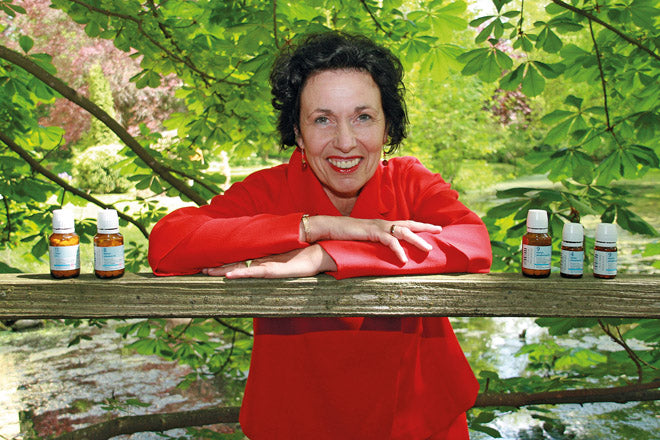
Countess Wolffskeel on the 120th anniversary of the death of Dr. Wilhelm Heinrich Schüßler: Great services to human health
Countess Wolffskeel on the 120th anniversary of the death of Dr. Wilhelm Heinrich Schüßler: Great services to human health
Oldenburg/Gerchsheim/Murnau. On March 30, 1898, the German doctor Dr. Wilhelm Heinrich Schüßler, discoverer and namesake of the biochemical functional agents, better known as "Schüßler salts", died. The 120th anniversary of his death falls on Good Friday this year. The renowned Schüßler salts expert Angelika Countess Wolffskeel von Reichenberg is honoring his "healing legacy for our health" on this occasion.
Dr. Schüßler’s life
Wilhelm Heinrich Schüßler was born on August 21, 1821 in Bad Zwischenahn in the Grand Duchy of Oldenburg. After studying medicine in Paris, Berlin, Gießen and Prague, where he devoted himself intensively to homeopathy, Schüßler opened his own practice as a homeopathic doctor in Oldenburg in 1858. Due to the beginning scientific realization that minerals are very important for cell metabolism and the development of disease, Schüßler began to deal more with the minerals commonly used in homeopathy. He examined the ashes of deceased people and recognized connections between the respective cause of death and the lack of certain vital inorganic salts (minerals). His research led him to the realization that 12 minerals perform particularly important functions. He then successfully used these in homeopathically potentized form on his patients and their treatment.
Great healing successes
In Oldenburg, over the next few years, he treated 1,000 children suffering from diphtheria, many of whom had already been given up on by Schuessler's colleagues; he treated up to 12,000 patients per year. The many successful cures with 12 mineral salts encouraged him to publish his first small brochure entitled "An Abbreviated Therapy" in 1874. In it, he expressed his firm conviction that these 12 mineral salts "can cure all diseases that are curable at all." Despite great skepticism on the part of many colleagues, including those working in homeopathy, treatment with the "biochemical agents" spread rapidly, and his publication was translated into all major languages.
Recognition of his achievements
To honor Schüßler's work and achievements, Countess Angelika Wolffskeel von Reichenberg, Vice President of the Biochemical Association of Germany (BBD) and author of the Schüßler salts classic "The 12 Salts of Life" , will commemorate the 120th anniversary of his death together with other BBD representatives and members. The BBD board will lay wreaths at Dr. Schüßler's grave in Oldenburg and at his bust in Bad Zwischenahn. Angelika Countess Wolffskeel, whose new book "Schüßler Salts - Facial and Hand Diagnostics" will be published in a few days, holds the memory of the Lower Saxon scholar in high esteem: "We owe Dr. Wilhelm Heinrich Schüßler great and lasting achievements. Through his outstanding observations, he identified the seven essential inorganic substances calcium, potassium, magnesium, sodium, iron and silicon, which act in combination with phosphorus, sulphur, chlorine and fluorine. Schüßler's wealth of knowledge corresponds to today's studies on a well-functioning cell metabolism through the so-called 'essential minerals'. When Schüßler died in 1898, he thankfully left his findings in written form for posterity."
Dr. Schüßler’s legacy
Wilhelm Heinrich Schüßler was certainly not aware that with his teachings he had laid the foundation for one of the most successful alternative forms of therapy. And even though Schüßler's teachings are often mentioned in the same breath as homeopathy, his basic objective was different: He had recognized, according to Countess Wolffskeel, "that a fundamental lack of the vital salts in the body's cells is the basis for the development of diseases; therefore, Schüßler's biochemistry focuses on balancing such deficiencies." Today, Schüßler salts are literally on everyone's lips and are highly valued for their gentle and side-effect-free healing method. His legacy to posterity consists above all in the holistic healing method he advocated, which affects the functions and life processes of the human organism. To this day, he helps people to stay healthy and gives valuable advice on the treatment of health problems and illnesses.









